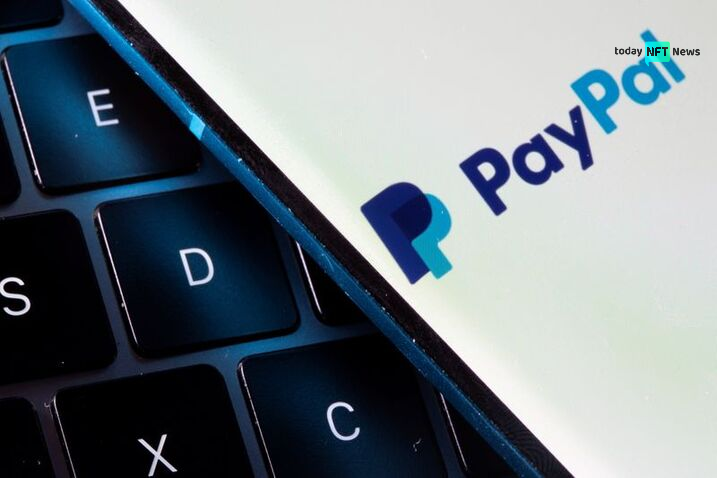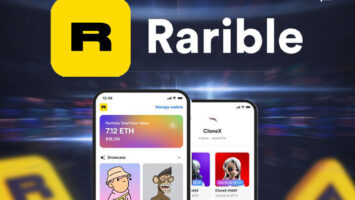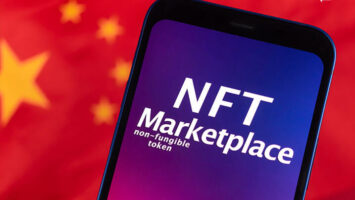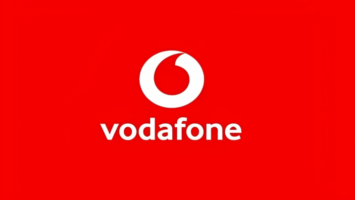SNEAK PEEK
- PayPal has unveiled a patent application for innovation in nonfungible token (NFT) transactions.
- The framework offers flexibility and user convenience and is not limited to digital collectibles.
- The system could involve an unnamed third-party service provider, with Ethereum highlighted in the application.
PayPal has recently unveiled a patent application promising an innovative structure for non-fungible token transactions. Filed in March and disclosed on September 21, the application presents a framework suggesting a blend of flexibility, user convenience, and broader scope.
Significantly, the patent points towards the involvement of an unnamed third-party service provider, with Ethereum being explicitly mentioned. Moreover, the proposed ecosystem hints at the potential of fractionalized NFT purchases. This could lead to introduction of governance tokens that may be traded freely.
Besides the conventional use of digital collectibles, the patent indicates that the technology could be applied to any form of distinguishable digital data. Such data would then be traceable via a decentralized blockchain ledger.
Additionally, the application provides a glimpse into an “omnibus wallet” linked directly to the service provider. In such arrangements, transactions wouldn’t necessitate a record on the blockchain. Consequently, users would be exempt from associated gas fees, marking a stark shift from current standards.
Furthermore, an intriguing aspect of PayPal’s vision touches on NFT-related royalties as a potential revenue stream. To enhance user experience, the ecosystem could have a third-party handling storage and checkout services. Hence, compliance and risk management might witness streamlining through the designated service provider.
On the topic of currency, the application showcases true versatility. Notably, it mentions that any currency could be incorporated into this structure. This flexibility is particularly relevant when considering PayPal’s recent foray into the cryptocurrency space. In August, the financial giant announced the launch of its dollar-backed stablecoin, PayPal USD ($PYUSD). This move was a landmark event, signifying the first instance of a major U.S. financial entity introducing such a digital asset.
However, there are other significant updates from the company. Earlier in August, PayPal’s Board of Directors declared the induction of Alex Chriss, a seasoned Intuit executive, as their new President and CEO. Chriss, who took the helm this month, isn’t new to steering the ship. Having served as Intuit’s Executive Vice President and General Manager for their Small Business and Self-Employed Group since 2019, he played a pivotal role. Responsible for over half of Intuit’s revenue, Chriss spearheaded Mailchimp’s successful $12 billion acquisition in 2021.
It’s day one as @PayPal‘s President and CEO. I’m fired up to join this team on a powerful mission and with a remarkable history of revolutionizing how millions around the world take control of their financial lives. PayPal team, let’s go change the world! 🚀 pic.twitter.com/PIZuY8iKn2
— Alex Chriss (@acce) September 27, 2023
This string of strategic moves by PayPal, from patent applications to top-tier appointments, reveals a company poised for innovation. With the increasing popularity and potential of NFTs, PayPal’s steps towards refining and expanding its transactional structure indicate a vision that’s in tune with the evolving digital landscape.









